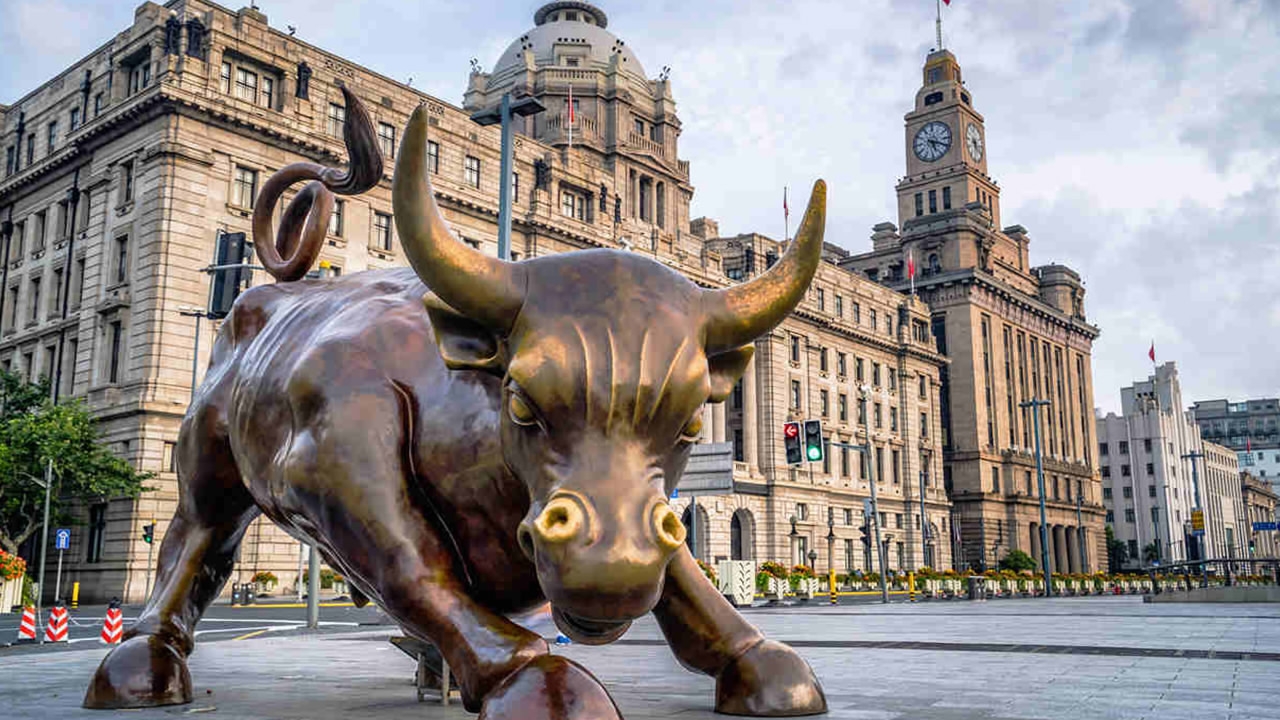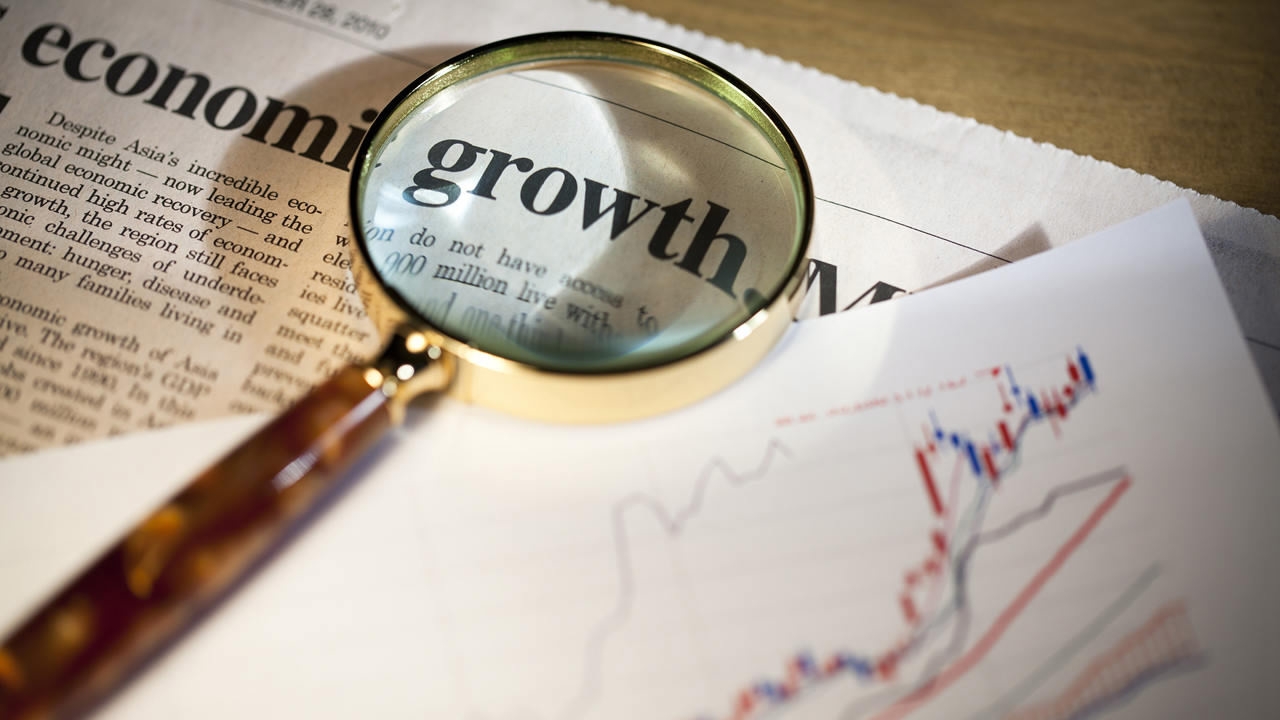
Business
20:14, 27-Oct-2017
Global commodity prices up as Chinese demand recovers
CGTN's Chen Tong

High demand from China's factory sectors are pushing up prices for global commodities once again. Future prices for commodities including copper and aluminum have all seen increases in recent months, and China's import volume of the metals increased significantly during the first three quarters of this year.
Prices for copper on the London Metal Exchange reached a three-year high this week, jumping by almost 61 percent from the same period in 2016. Prices of aluminum in London have jumped by 17 percent since June.
The rising of global commodity prices has been due to high demand in China. Data from General Administration of Customs show that China's demand for imports including iron ore, crude oil and natural gas all saw increases during the first three quarters of the year.
“China's economic growth is quickening and industrial production is recovering. This reflects the improvement in demand, which has driven up commodity prices,” according to Liu Xuezhi, Senior Analyst at Bank of Communications.

VCG photo.
VCG photo.
“Another factor leading to the price increases is that commodity prices have been at low levels in recent years, especially those for industrial products and metal products,” Liu added. “They started to recover in the second half of last year.”
However, some have reservations to the future performance of commodity prices.
In China, different commodity prices are following different trends. Futures prices for copper and aluminum on the Shanghai Futures Exchange have been following London and so have seen significant advances in recent months.
But prices for other commodities such as rubber in Shanghai and refined sugar in Zhengzhou have declined amid sluggish demand in these sectors.
Goldman Sachs has adjusted its risk hedging ability against the commodities business to a 16-year low. The bank's value at risk for commodities dropped to nine million US dollars from July to September, down by 47 percent from the previous three months.
Liu elaborated on that commodities are seasonal products and prices will probably drop in the near future.
“Commodity prices might increase slightly in the following months, but won't increase significantly. The year’s end is drawing near and after the holiday season, demand from related firms will decline. So commodity prices won't see continuous increases,” Liu noted.

SITEMAP
Copyright © 2018 CGTN. Beijing ICP prepared NO.16065310-3
Copyright © 2018 CGTN. Beijing ICP prepared NO.16065310-3